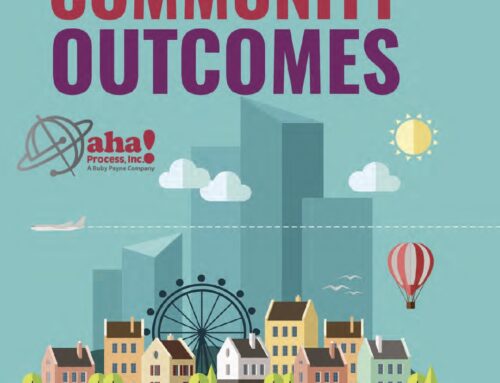Brian Dyson, a well-known business consultant, once said, “Don’t undermine your worth by comparing yourself with others. It is because we are different that each of us is special.” An unknown author stated, “Remember that you are all people and that all people are you.” Cleric and activist William Sloane Coffin offered, “The world is too dangerous for anything but truth and too small for anything but love.”
All of the quotations above speak to my experiences working with the Menominee Indian School District and the Menominee community at large in Keshena, Wisconsin. The focus of my work has been to establish a Collaboration for Kids initiative at Keshena Primary School, and this work has taken me into the community to build relationships and foster greater security and success for children. One of the first things I noticed was a beautiful poster in the superintendent’s conference room spelling out the Seven Indian Teachings that apply to all Native American tribes. It struck me how action-oriented and universal these seven teachings are when it comes to humankind in general and to any professional who must bring hope to those in poverty, discord, or pain. They certainly do not solely apply to the Native American population.
Here are the Seven Teachings:
- Bravery
- Love
- Humility
- Wisdom
- Respect
- Truth
- Honesty
Now, are these the same or different than what we hope for in our work, our personal lives, our political systems, and our outreach to others?
In my work in the Menominee community I have found more sameness than difference when it comes to vision, leadership, hope, and all of the Seven Teachings, and yet, of course, there are some cultural differences that are rich, pure, individualized, and meaningful. These differences are a tapestry in progress that enriches the relationships that are needed to successfully bring any new process such as Collaboration for Kids into a community. If we are to make a difference in the lives of others, we need to gently appreciate the beauty of a diverse tapestry, because all threads in the tapestry are equal in value and importance to the whole picture.
I state all of this because it is crystal clear that no new initiative, process, or program will be successful without the full appreciation of sameness and differences and the worthwhile relationships these two friends can bring. Without sound relationships within, we fail in our endeavors. All educators and human service providers need daily to take chances, stretch their relationships, think outside the box, recall the Seven Teachings, and move forward for children. It’s happening in Keshena. It can happen in your community too!








